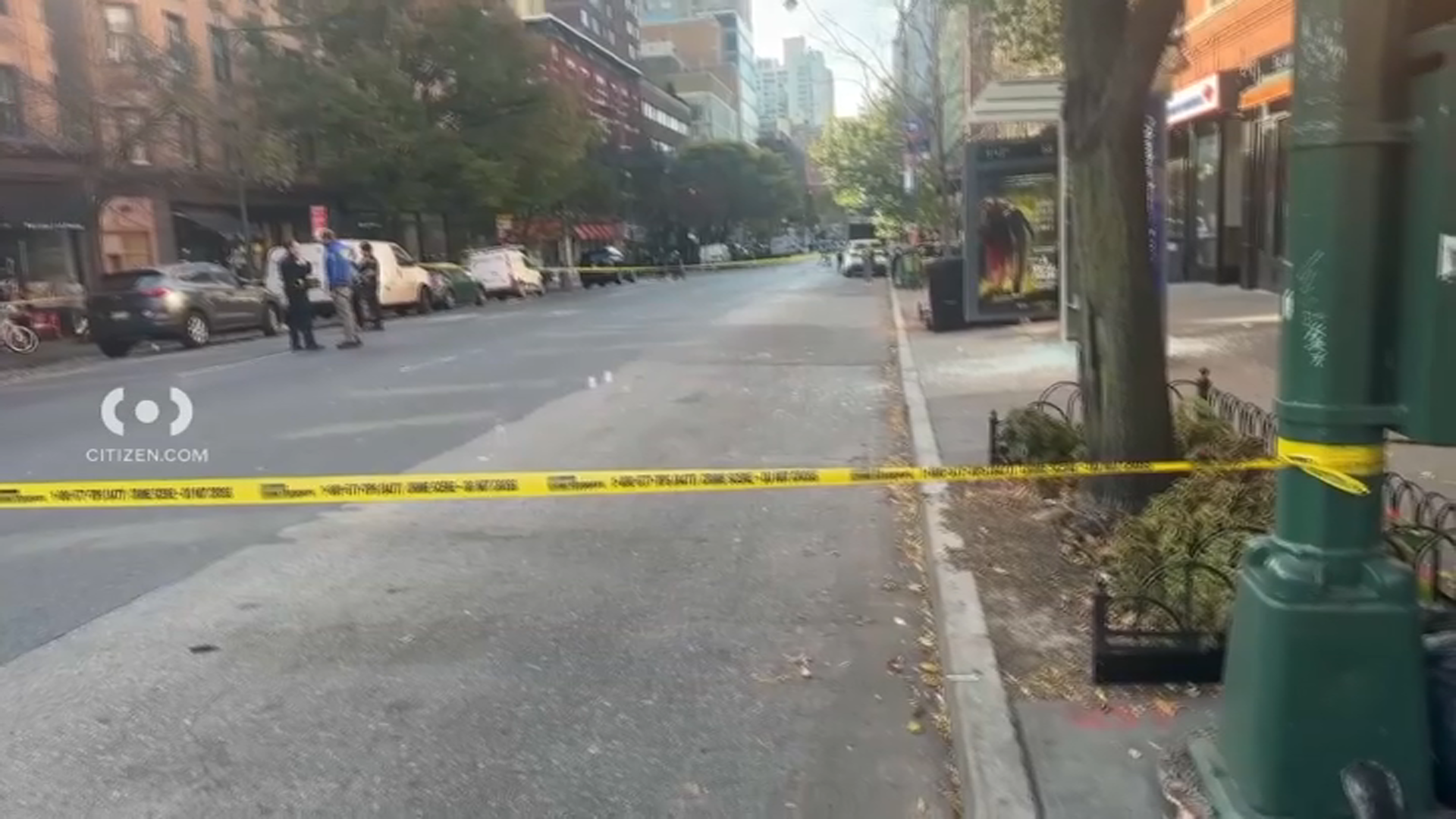With New York's 2020 legislative session almost over, women's advocates are demanding Assembly Speaker Carl Heastie allow voting on a bill that would close what's known as the "rape intoxication loophole" in the state's sex crimes statute.
The I-Team first revealed the loophole last summer in a previously unpublished letter from Manhattan DA Cyrus Vance to Governor Andrew Cuomo. The letter claims New York prosecutors cannot charge predators for raping people who become voluntarily intoxicated — even when a reasonable person would consider the victim too drunk to consent.
The I-Team report prompted Bronx and Westchester State Senator Alessandra Biaggi to draft a bill that would close the rape loophole. Gov. Cuomo even made closing the loophole a pillar of his 2020 State of the State Address.
Despite that, Heastie has so far declined to schedule the bill for a vote — with just hours left in the legislative session.
"Is Speaker Heastie really prepared to let predators who target inebriated women for sexual assault to continue to not be held accountable," said Sonia Ossorio, President of New York's Chapter of the National Organization for Women. "New York is about to fail women in a big way if this loophole is not closed."
This week, the State Senate passed Biaggi's version of the bill. But she told the I-Team Heastie has shown no indication he intends to schedule a vote on the Assembly version in the next 24 hours.
News
"I don't know if he's blocking the bill, but what I will say is I feel disappointed that the Speaker is not prioritizing the bill this year," Biaggi said. "If we're going to say we are legislators that care about survivors, then the Assembly must join the Senate to pass this bill immediately. There are maybe 12 to 18 hours left in the session, so what are we waiting for?”
Michael Whyland, a spokesman for Heastie, said it was unfair to accuse the Assembly Speaker of failing women or delaying a vote.
"The Assembly, under Speaker Heastie's leadership has taken a lead role in passing many bills to address sex crimes," Whyland said. "Regarding this particular bill, Senator Biaggi is simply wrong. There is a legislative process and the Speaker does not single-handedly decide which bills are voted on. Legislators and staff are continuing to work through the issues associated with the bill."
Heastie's office did not respond when asked whether the Speaker supports or opposes closing the voluntary intoxication loophole.
On Thursday, the Brooklyn Defender Service released a letter signed by eight female public defenders opposing the bill.
“The bill fails to give adequate notice of when sexual contact becomes a crime and, if enacted into law, would lead to arbitrary prosecutions and convictions,” the letter said.
The letter went on to say the bill would undermine a woman’s right to become voluntarily drunk and engage in sexual activity.
“It sends the message that even if we choose to become intoxicated, we are then deemed incapable of saying ‘yes’ because we are under the influence,” it read.
But prosecutors and women’s advocates say the bill would have no impact in cases where an intoxicated sexual partner says “yes.” Rather, they argue, it pertains only when one party is too drunk to say “no.” They point to other states, including New Jersey, where it has long been illegal to have sex with someone who is too drunk to say “no.”
“Thanks to the 'voluntary intoxication' loophole, New York's rape laws protect predators - not survivors,” said Manhattan District Attorney Cyrus Vance. “I urge the Assembly to take action and bring [this bill] to a vote before the end of session."
Despite making closure of the loophole a tenet of his 2020 legislative agenda, Gov. Andrew Cuomo declined to criticize Heastie for - so far - failing to support a full Assembly vote on the bill
"Closing the rape intoxication loophole remains a priority for the administration and, while some legislation takes multiple sessions to pass, we remain committed to working with the legislature on this," said Caitlin Girouard, a spokeswoman for Cuomo.



